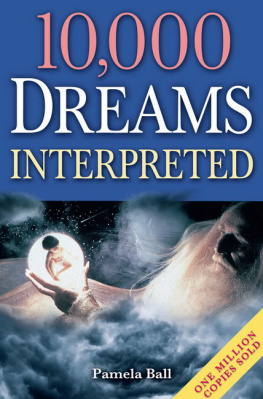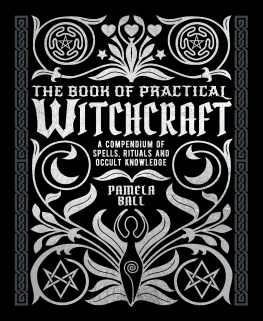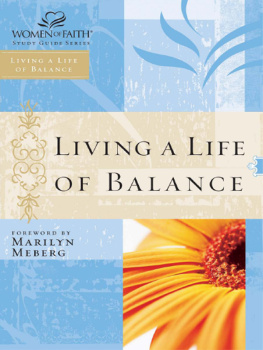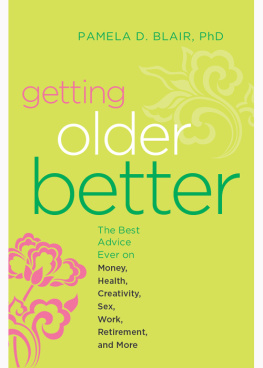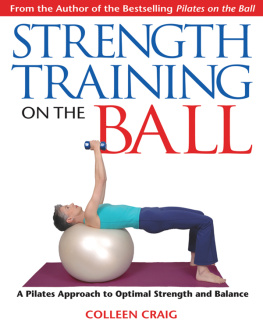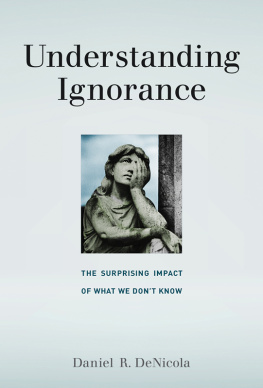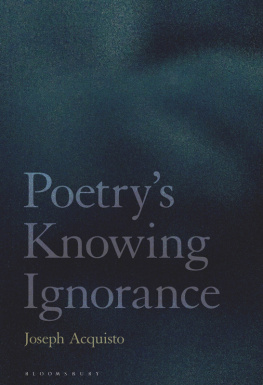
This edition published in 2017 by Arcturus Publishing Limited
26/27 Bickels Yard, 151153 Bermondsey Street,
London SE1 3HA
Copyright 2004 Arcturus Publishing Limited
All rights reserved. No part of this publication may be reproduced, stored in a retrieval system, or transmitted, in any form or by any means, electronic, mechanical, photocopying, recording or otherwise, without written permission in accordance with the provisions of the Copyright Act 1956 (as amended). Any person or persons who do any unauthorized act in relation to this publication may be liable to criminal prosecution and civil claims for damages.
Contents
When I first began to study the Tao Te Ching some thirty years ago, I was a young housewife looking for a system of belief that fitted in with some of my own radical ideas. In the intervening years many people have given their own rendering of the original texts. It is to these people that I must express my gratitude, because they have enabled me to write this book and reveal the beauty of a text that is still my constant companion. The students and disciples of Tao have left a legacy of belief and practice for which we are all the richer.
I would like to draw your attention to two aspects of this book before you begin. Firstly, something needs to be said about spellings. Chinese scholars differ tremendously in the spelling of important names and words and it is difficult for the lay person to decide which is the more accurate. Throughout this book I have chosen those spellings that fit in with the limited understanding that I possessed when I first studied Tao. I have attempted to be consistent throughout, but that does not mean in the true spirit of Tao that any one is more right or wrong than the other. My spelling of key words is given below and, to help you in your research, some alternative spellings are shown in brackets. For the sake of simplicity, I have also italicized all foreign words and book titles.
Chuang Tse (alternatives Chuang Tze, Chuang Tzu, Zuang Zi
Chi (alternatives Chi, ch'i)
Chi Gung (alternatives Chi Kung, Qi Gong, Qi Jong)
Ching (alternatives Ch'ing, ching, Jing)
Lao Tse (alternatives Lao Tze, Lao Tzu)
Tai Chi (alternatives T'ai Ch'i, tai chi)
tan tien (alternative dantien)
Tao (alternative Dao)
Tao Te Ching (Dao de Jing, Dao De Jing, Dao de Zing, Tao te Ching)
Secondly, pertinent quotations have been chosen and placed at the end of each chapter for the reader's consideration. The selections are purely arbitrary and in the spirit of Tao are not meant to prove any particular point. They might, however, be used in one of several ways: as food for thought; as a focus for meditation; or as the basis for a daily prayer. Because the Tao is so adaptable you will find that you are able to use the quotations in whichever way works best for you.
Though words or names are not required
to live one's life this way,
to describe it, words and names are used,
that we might better clarify
the way of which we speak,
without confusing it with other ways
in which an individual might choose to live.
Before we even begin to think about understanding the concept of Tao we have to appreciate that it was in existence long before anyone tried to explain or describe it.
In all the translations of, and the writings about, the Tao (when spoken, 'Dao') there is an insistence that words and names are superfluous, that the Tao while apparently having no objective reality of its own can only be experienced subjectively. It is a philosophy, a pursuit of wisdom and a study of natural realities. Tao is not a religion: that is Taoism. We must, however, use words to explain how Tao came to be written down, what part it played in history and what its relevance is in the modern world.
Tao is such a universal principle, a way of living, that we are wiser to understand it than learn it. The ideas that Tao conveys, which have given rise to some of the most effective poetry in the world, are more important than the words or characters used. The Chinese written language uses forms that describe ideas and Jung interprets the Chinese character for Tao thus:
a track which, though fixed itself, leads from a beginning directly to the goal.
Tao itself is most often translated as 'the Way', and often we find our own Tao when we least expect it. This is because this principle of life this flow of cause and effect has been around us the whole time without our noticing it. Only when our attention is drawn to it do we realise that it is an integral part of our lives and that we can do nothing else but walk 'the path of life' in front of us.
Just as we think we have begun to understand a part of that path, the flow of information shifts like water (another meaning of 'Tao') and we are presented with a new puzzle, a different conundrum for consideration. In the present-day Chinese language, the character for Tao has as many as thirteen meanings. Some of these meanings were not in use when the Tao Te Ching (also known as Dao De Jing) the first scripture and the definitive essence of Tao was transcribed in the sixth century BC. We shall explore the legend of its writing later.
Tao is a principle which, when we learn to follow and to feel it, gives us the opportunity to be in harmony with the world in which we live and with Nature. The more we are in harmony, the easier it is to prolong or preserve life. Because Tao is paradoxically both the ultimate source of all things and also its many manifestations, as we become more aware so we become conscious of the duality of everything.
Its essential nature is such that we are continually being presented with paradoxes: if it is the void (no-place) it is also the energy within that void; if it is pure energy then no-thing can contain it. For us to comprehend the process of creation we must understand that, simply, Tao exists and yet also gives rise to everything created. In this there is an awesome sense of the miraculous and a strong sense of beauty. To be able to access fully the beauty of Tao, we need to understand the meanings behind the title of the Tao Te Ching and some of the words used.
Te is most easily translated as 'Virtue' or 'Power'. A Taoist meaning for Te is 'Tao within'. It is virtue in the sense of the attributes needed in order to experience Tao those which are inevitably brought to the fore and enhanced in any attempt to work with Tao. This process of development gives the individual power over his own shortcomings and therefore creates in him the power of control over the world in which he lives. This concept is demonstrated by a fairly recent translation in a verse of the Tao Te Ching:
The Master doesn't try to be powerful;
thus he is truly powerful.
The ordinary man keeps reaching for power;
thus he never has enough.
In many ways Te is simply that which we require in order to live our lives within the Tao; as such, Te suggests correct performance as we tread the path of life. We have to develop the integrity to adhere as closely as we can to the tenets of Tao if we are to maximize our own potential, yet each individual can only act in accordance with their understanding of what Tao represents. It is our relationship with Tao that decides our actions.
The prime requirements for following Tao are a life of simplicity, communion with nature, denial of selfishness and a mystical union with the Ultimate. These lead to the establishment of three qualities compassion, reserve or frugality and humility which, in the
Next page

